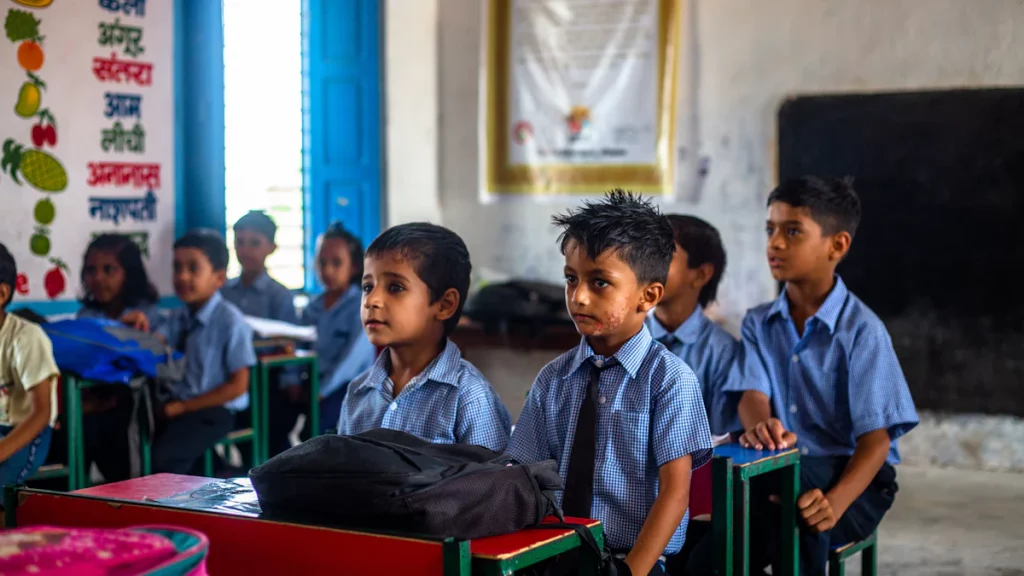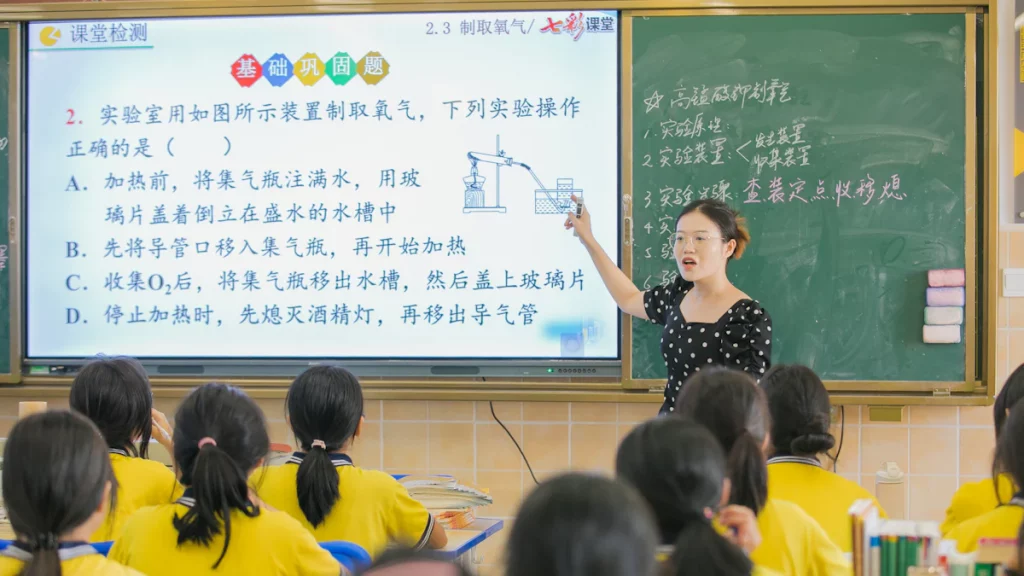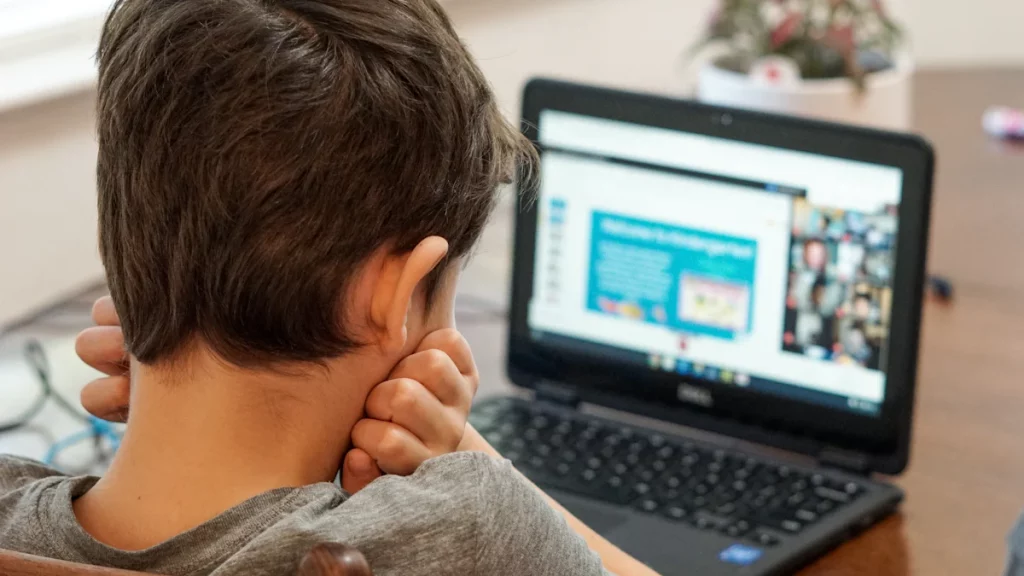The Importance of Preschool Education
Preschool education plays a crucial role in shaping children’s academic success and overall development. It provides them with a strong foundation for future learning, fostering growth in social, emotional, and cognitive domains. By engaging in age-appropriate activities and interactions, children develop essential skills that prepare them for kindergarten and beyond. This early exposure to structured learning environments helps them adapt to formal education settings more easily. Moreover, the benefits of preschool education extend far into the future, setting children on a path towards long-term success and well-being. Investing in quality preschool education is an investment in our children’s future.
The Benefits of Preschool Education
Preschool education offers a wide range of benefits that contribute to children’s overall development. Let’s explore two key areas where preschool education has a significant impact: academic readiness and social-emotional development.
Academic Readiness
Preschool education plays a vital role in enhancing early literacy and numeracy skills. Through engaging activities and age-appropriate curriculum, children are exposed to foundational concepts of reading, writing, and math. They develop phonemic awareness, letter recognition, and basic counting skills. Moreover, preschool education promotes language development by providing opportunities for vocabulary expansion through storytelling, discussions, and interactive play.
In addition to academic skills, children gain exposure to structured learning environments in preschool. They learn how to follow instructions, participate in group activities, and develop essential classroom routines. These experiences help them transition smoothly into kindergarten and lay the groundwork for future academic success.
Social and Emotional Development
Preschool education also plays a crucial role in fostering social skills, cooperation, empathy, and emotional regulation. In a supportive environment with trained educators, children learn how to interact positively with their peers. They engage in collaborative activities that promote teamwork and problem-solving skills. Through play-based learning experiences, they develop empathy by understanding others’ perspectives and emotions.
Furthermore, preschool provides a safe space for children to explore their emotions and learn self-regulation techniques. They acquire strategies to manage their feelings effectively, which sets the stage for healthy emotional development throughout their lives. Positive peer interactions during this critical period help children build relationships based on trust, respect, and cooperation.
By focusing on both academic readiness and social-emotional development, preschool education equips children with essential skills that serve as building blocks for future success in school and beyond.
Investing in High-Quality Preschool Education
Investing in high-quality preschool education is not only beneficial for individual children but also has significant long-term benefits for society as a whole.
Long-Term Benefits
High-quality preschool education has been shown to lead to improved educational outcomes. Children who attend quality preschool programs are more likely to perform well academically, reducing the likelihood of grade retention and the need for special education placement. They develop a strong foundation of knowledge and skills that prepares them for future academic success. Research also indicates that children who receive quality early childhood education are more likely to graduate from high school and pursue higher education opportunities.
Societal Impact
Investing in preschool education yields economic returns in the long run. When children receive a solid educational foundation at an early age, they are better equipped to become productive members of society as adults. Quality preschool programs have been linked to reduced crime rates and decreased dependence on social welfare programs later in life. By investing in early childhood education, we can create a more equitable society where all children have access to the resources they need to thrive.
Furthermore, quality early childhood education promotes social equity by providing equal opportunities for all children, regardless of their socioeconomic background. It helps level the playing field by ensuring that every child has access to high-quality educational experiences during their crucial developmental years.
By recognizing the long-term benefits and societal impact of investing in high-quality preschool education, we can make informed decisions and allocate resources effectively. Prioritizing early childhood education sets the stage for a brighter future, both for individuals and society as a whole.
Conclusion: Investing in a Bright Future
Preschool education plays a vital role in shaping children’s lives and future success. It provides them with a strong foundation for academic achievement, social-emotional development, and overall well-being. To ensure that every child has access to quality early childhood education, increased investment is crucial. By prioritizing preschool education, we can create a brighter future for individuals and society as a whole. Investing in our children’s early years not only yields immediate benefits but also has long-term positive impacts on educational outcomes, economic prosperity, and social equity. Let us come together to support and prioritize the importance of preschool education in building a better tomorrow for our children.




